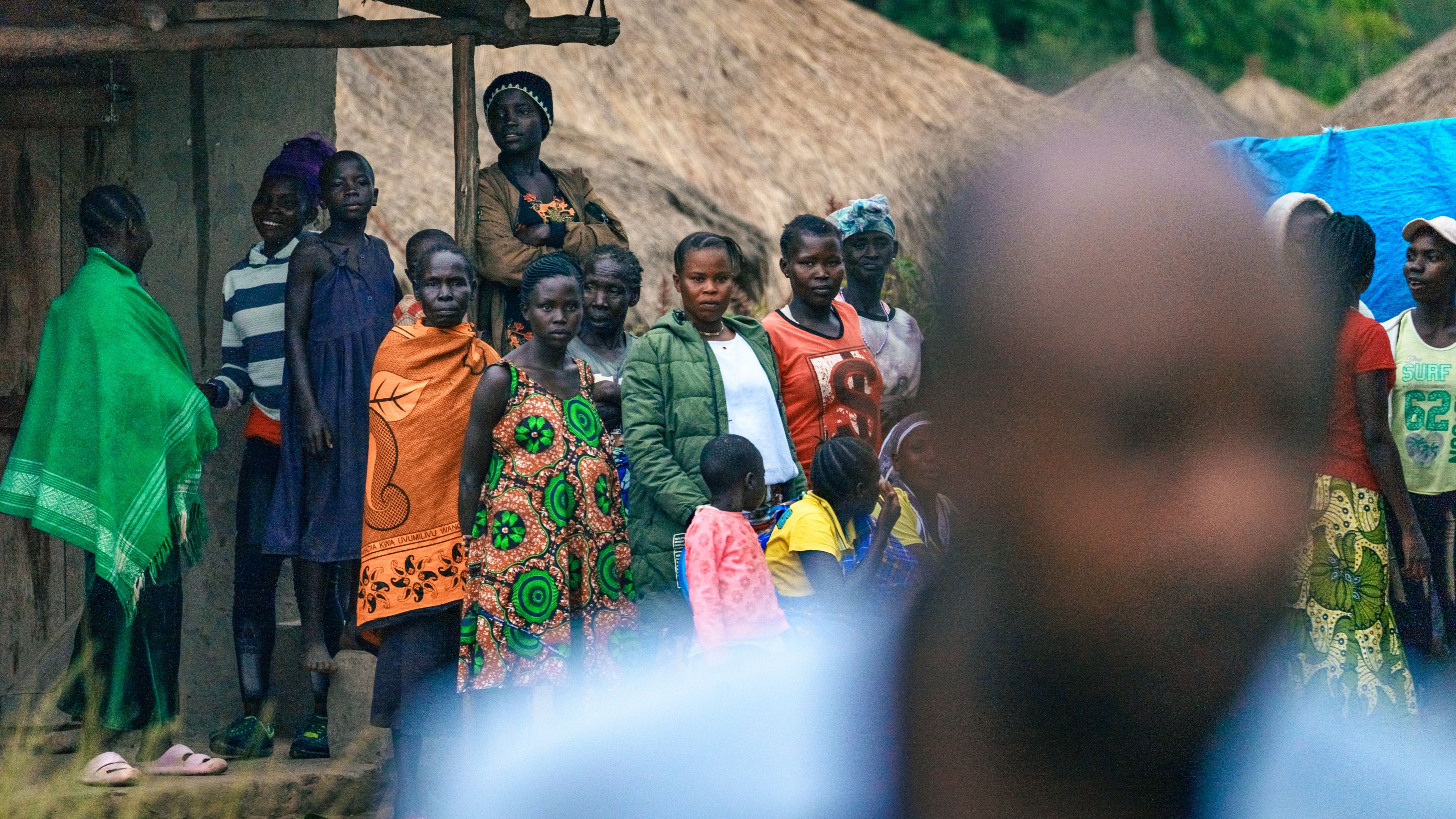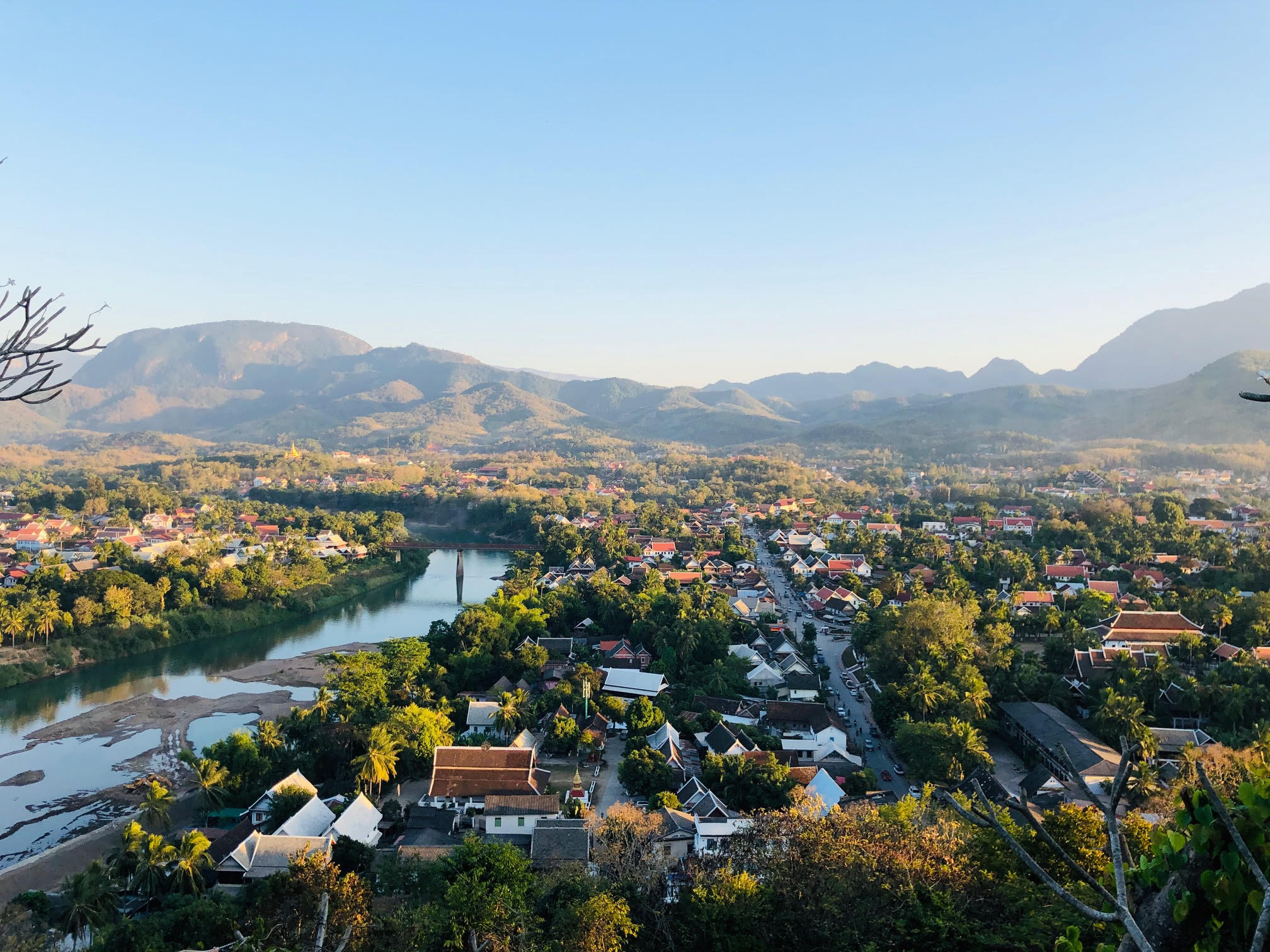The Cities Alliance Liberia Country Programme team hosted a workshop 18 October 2018 to help Community-based Enterprises (CBEs) determine how they can improve primary waste collection during the rainy season. The CBEs are piloting innovative “starter kits” with rain gear, tools and tricycles to help them keep Monrovia’s streets clean and safe.
[30 November 2018] -- Even on a day with perfect weather, primary waste collection is a challenge for the local authorities and residents of Monrovia.
The agencies responsible for waste collection, the Monrovia City Corporation (MCC) and the Paynesville City Corporation, lack the funding and capacity to collect all the garbage from households, so it has placed large dumpsters known as skips in some areas of the city. Residents either dispose of their waste wherever they can, or they hire someone to take it to the nearest skip – typically a Community-based Enterprise (CBE) licensed by the city to collect waste from households.
When it rains, however, the situation becomes nightmarish. Wet waste is much more difficult to collect and maneuver, and the city is often unable to empty the skips on a regular basis. And when the skips are full, the CBEs that do make it through their rounds are unable to place any additional waste in the skips.
The trash piles up, putting residents at greater risk of diseases and exacerbating flooding. Built-up waste also has a detrimental impact on the quality of soil, affecting the composition and what can grow.
With funding from the European Union (EU), the Cities Alliance is implementing two projects to help Greater Monrovia tackle its waste problems. One project focuses on primary waste collection, and the second on waste-to-energy.
The two projects are part of the larger Cities Alliance Liberia Country Programme, a long-term partnership to promote Liberia’s economic and social recovery. Its activities aim to improve the lives and opportunities of up to 400,000 slum dwellers in Greater Monrovia with interventions at the community, municipal and national levels.
The programme also seeks to support the Liberian government in making progress on the 2030 Agenda’s Sustainable Development Goals (SDGs), particularly Goal 11 – “to make cities and human settlements inclusive, safe, resilient and sustainable – and waste management is a big part.
With a strong, diverse partnership and funding through Comic Relief and the EU, the Cities Alliance Liberia Country Programme is in a unique position to coordinate, build capacities and pilot projects at the national, municipal, and community level to address primary waste collection.
Pilot "starter kits" make it easier for CBEs to collect waste in the rain
As they implement and oversee the projects, the Cities Alliance team is listening closely to what communities, CBEs and local authorities are saying about their challenges with waste collection on the ground. One issue frequently raised by the CBEs was the difficulty they had collecting waste in the rainy season.
On October 18, the Cities Alliance team hosted a capacity-building workshop to sit down with CBEs and help them find out how they can do their jobs better in the rain. The starting point was to make sure they have the equipment they need. Donors agreed to provide “starter kits” for the CBEs with gear including rain garments, boots, and motorised tricycles to transport the waste.
Participants at the workshop tested the gear to find out which would be the most useful. They tried on rain jackets, gloves, and gum booths, and tested tools and transport such as motorised tricycles. All of the items were provided by local vendors,and the CBEs also had a chance to meet with them and discuss the products.
The pilot workshop included three CBEs – from Clara Town, Red Light Market, and West Point – and plans are underway to follow up with a second workshop to reach more CBEs. Ultimately, the idea is to roll out a capacity building program to reach 30-40 CBEs.
The workshop was a resounding success, and Cities Alliance team was especially pleased by how much attention it attracted locally. Held in Monrovia’s Cape Hotel, the workshop provided a welcome venue for open, frank discussion among the CBEs. The heavy rains in the early morning on the day of the workshop were a strong testament to its timeliness and relevance.
Later in the evening, the workshop participants were joined by key government development partners including delegates from the British, EU, South African and Swedish Embassies, as well as representatives of UNDP, Water Aid and the Ministry of Internal Affairs. The group engaged in lively discussions on the capacities and tools needed to address primary waste collection and how to limit the impact of climate change.
They all recognised that the path forward will be long, and that it must include an integrated, well-planned approach with an awareness-raising component of the critical role CBEs play in creating better, safer urban areas.

The workshop also highlighted the need for an overall shift in how waste collection is viewed in Liberia. As one participant remarked at the end of the workshop, the country is still in post-conflict mode, and there must be some level of cultural change in Liberia where everyone takes responsibility and understands the importance of waste collection.
People need to understand how waste can be dangerous and what they can do to support the CBEs. By the end of the day, the rains had cleared up, marking a positive end to a full, productive workshop.
Monrovia is the world’s wettest capital, and with climate change its annual rainy season is becoming longer and longer. Built-up waste exacerbates flooding, which is already a major problem for the city.
Related Items:




